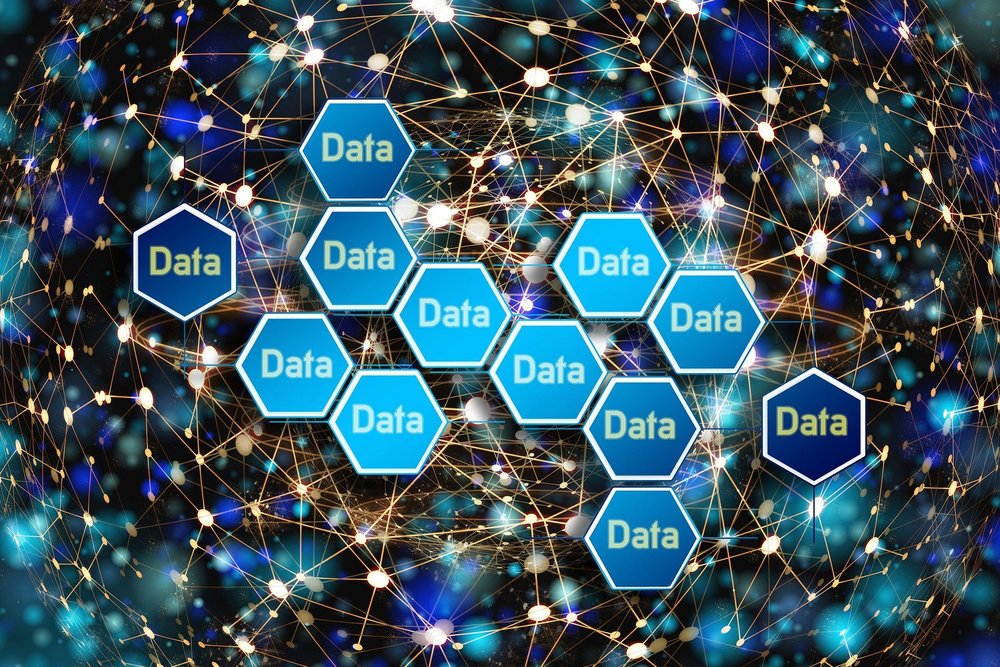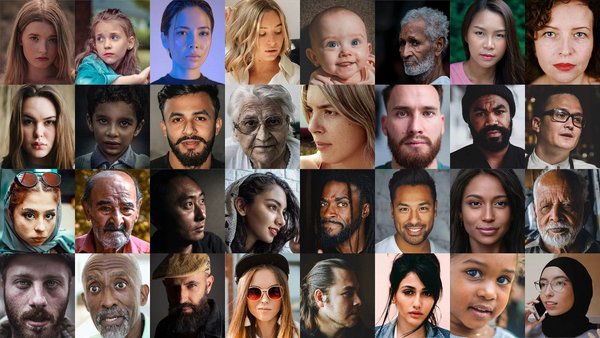The most powerful human enabler: data /
R/GA's EMEA head of data Hanan Belarbi on how agencies can learn to treat data with respect

If you ask me what data is, I’ll tell you it’s a raw material. And as with any raw material, it’s used to create something. Just like oil and colour pigments are used to create paint. When the raw material is essential to the process of creation, it’s how and by whom it’s processed that determines its success. It’s not oil paint that made the Mona Lisa the most famous painting in the world. It’s how Leonardo Da Vinci processed the oil and natural pigments. In the same way, data becomes an enabler only once it has been correctly processed. And if that process is not taken care of, the impact can be disastrous. History is rife with examples of data misuse. Not using the right metrics: In 1999, NASA took a $125-million hit when it lost the Mars Orbiter. The reason? One of the engineering teams had used imperial measurement units, while another used the metric system.
Not learning from historical data: In the late 2000s, ratings agencies forecasted default rates at 0.12%, when the reality was 28%. This mistake led to the 2008 financial crisis. By not caring enough to create a model with sufficient historical data, analysts exacerbated the effects of the global crash. Ignoring the power and influence of poll data: In the 2016 United States presidential election, national polling data used to predict state-by-state Electoral College outcomes suggested a landslide victory to Hillary Clinton – a forecast that led many American voters to stay at home on Election Day. Here, decision makers didn’t take enough time to understand the influence this data would have on public opinion, thus affecting the final result.
There are thousands more examples in human history of data not being taken care of. But when it’s processed accurately and with good intent, data is the most powerful enabler of a more human future. Arguably, no aspect of modern life is untouched by data. It lies at the heart of so many aspects of human endeavour, from government to scientific discovery. It has revolutionised the way we travel, interact with each other, work, live and even think. The data revolution is not slowing down and, while it can be overwhelming, its potential to create a better world should be embraced. See how researchers at The Hospital for Sick Children in Toronto used data to develop an algorithm that predicts the risk of infection or health complications in premature babies 24 hours in advance. Or how a city like Bilbao in Spain used smart sensors, smart LED street lights and travel data to reduce its electricity bills by 82%.
Data can improve our health and quality of life. It can even help us save the environment. We should take care of data, not only for its monetary value but also because it can have a profoundly positive impact on people and societies. For us as agencies, taking care of data starts by taking care of and educating all of our people. A lot of agencies have their data expertise split across crafts and job titles ranging from technology, web analysts, social media analysts, CRM analysts – the list goes on. This makes the discipline unnecessarily siloed. When agencies instead employ people with broader skills to manipulate data, regardless of the system, you’re breaking these silos down. So, while it’s still important to recognise really niche expertise such as data engineers and data scientists, the rest should be broader data experts. Data experts in agencies should have similar foundations but different strengths and weaknesses. They should have worked across a mix of industries, on a variety of projects, from Business Intelligence (BI) to Machine Learning (ML). Therefore they are tech and channel agnostic. They should be data experts, not just fluent in Adobe or Salesforce – but fluent in data. They develop solutions independently of the technology; they make sense of data from digital platforms to CRM systems to market research data.
Think of data as blood flowing through the body. It flows between ‘organs’, the different systems a brand needs to stay relevant. Most clients have a Frankenstein body: kidneys from Adobe, lungs from Google, a brain from Salesforce. They create connections between these organs, but often lack the understanding it takes to ensure the blood (data) flows freely between them. The data expert takes the role of a haematologist, using her specialist knowledge to understand how the organs function. But ultimately she is an expert on blood, not just an expert on a specific organ.In 2016 Gartner predicted the arrival of ‘citizen data scientists’, who would be able to use new technology to perform more advanced analytics and make data science available to all. When the world becomes more data-literate, this might become a reality. For now, data experts are still critical. They need to be less siloed and more exposed. They need to understand the bigger picture and understand what keeps their clients awake at night. If data is an enabler and could change the fate of a company for the better, data experts should be at the forefront. For that to happen, they need to be trained to think of data in the wider context of a business, not just in the context of a brief that’s given to them.
Often, we use data as a weapon to support and prove our own stories – rather than seeing the true story the data is showing us
Hanan Belarbi, R/GA
We should all become better at listening to the narrative coming from data. We tend to only hear the story we want the data to tell us, instead of letting the data tell us its own story. Let’s think of the most powerful data processor in the world: the human brain. Our body is full of sensors capturing any kind of data the brain processes, without us even thinking about it. Like machines learn from the data we feed them, the brain also learns from all the data captured, and those connections represent our own experiences.While all brains have similar capabilities, every brain experiences different things, and is unique because of it. Therefore, we can’t assume that our thinking can be applied to a diversity of consumers, can we? But still, we tend to be biased towards our own experiences. Often, we use data as a weapon to support and prove our own stories – rather than seeing the true story the data is showing us.There are countless examples of data telling its own story. For example, the statistic that 90% of UK shoppers use Amazon monthly tells its own compelling tale about the landscape of retail and customer behaviour. Or the fact that according to the UN 68.4 million people were forced from their homes and country in 2017 tells us so much about the critical state of mass people movement. If we make decisions off the back of stories we want to be told, the impact of data becomes essentially meaningless.Finally, as agencies who help transform the way brands interact with people, we have a social responsibility to improve the way we view, understand, use and care for data. And support all our clients to do the same.
Contagious is a resource that helps brands and agencies achieve the best in commercial creativity. Find out more about Contagious membership here.
Want more of the same? /
We don’t just write about best-in-class campaigns, interviews and trends. Our Members also receive access to briefings, online training, webinars, live events and much more.







